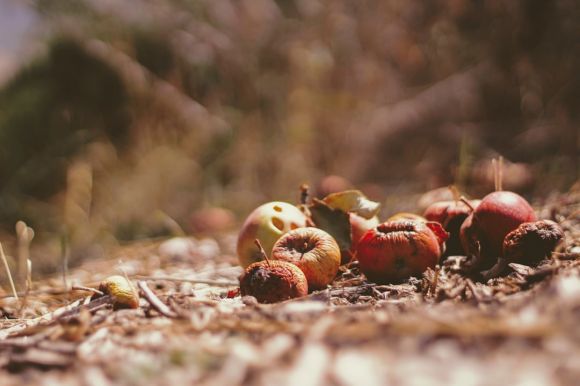When the temperature drops and snow covers the ground, many people assume that composting is no longer an option. After all, how can organic matter break down and decompose in such cold conditions? The truth is, composting in winter is not only possible but can also be highly beneficial. In this article, we will explore the ins and outs of composting during the winter months.
Understanding the Basics of Composting
Before diving into the specifics of composting in winter, let’s quickly go over the basics of composting. Composting is the process of breaking down organic materials, such as kitchen scraps, yard waste, and leaves, into nutrient-rich soil. This natural process is carried out by microorganisms, such as bacteria and fungi, which thrive in warm and moist environments.
Benefits of Composting in Winter
Composting in winter offers several advantages that may surprise you. Firstly, it allows you to reduce the amount of waste that goes to the landfill. By composting during the colder months, you can divert organic materials from the trash, where they would otherwise take up space and contribute to harmful greenhouse gas emissions.
Secondly, composting in winter can provide a valuable source of heat for your compost pile. As microorganisms break down organic matter, they generate heat as a byproduct. This heat can help keep your compost pile warm, even when the surrounding temperature drops. A well-insulated compost pile can maintain temperatures high enough for decomposition to occur, even in freezing conditions.
Tips for Successful Winter Composting
Now that you understand the benefits, let’s look at some practical tips for successful winter composting.
1. Insulate Your Compost Pile: Start by insulating your compost pile to retain heat. You can do this by layering dry leaves, straw, or shredded newspaper on top of the pile. This extra insulation will help to trap heat and maintain the internal temperature of the pile.
2. Chop and Shred: Breaking down organic matter into smaller pieces will speed up decomposition. Chop kitchen scraps, shred leaves, and cut up yard waste before adding them to your compost pile. Smaller pieces have a larger surface area, allowing microorganisms to break them down more easily.
3. Moisture Control: While it’s important to keep your compost pile moist, be mindful not to overwater it during winter. Excess moisture can lead to anaerobic conditions, which hinder the decomposition process. Monitor the moisture level regularly and adjust as needed, aiming for a damp sponge-like consistency.
4. Turn Your Pile Occasionally: Turning your compost pile helps to aerate it, allowing oxygen to reach the microorganisms. This can help regulate the temperature and speed up decomposition. However, be cautious not to turn the pile too frequently, as it may cause the heat to escape.
5. Consider Indoor Composting: If outdoor composting seems too challenging during winter, consider starting an indoor composting system. Vermicomposting, using worms to break down organic matter, is an excellent option for small-scale indoor composting. Just ensure that you follow proper guidelines and maintain the right conditions for your worms to thrive.
Conclusion
In conclusion, composting in winter is not only possible but also highly beneficial. By composting during the colder months, you can reduce waste, generate heat, and produce nutrient-rich soil. With a few simple adjustments and considerations, you can continue your composting efforts all year round. So, don’t let the winter freeze your composting plans; embrace the opportunity to create a sustainable future, even in the coldest of seasons.





